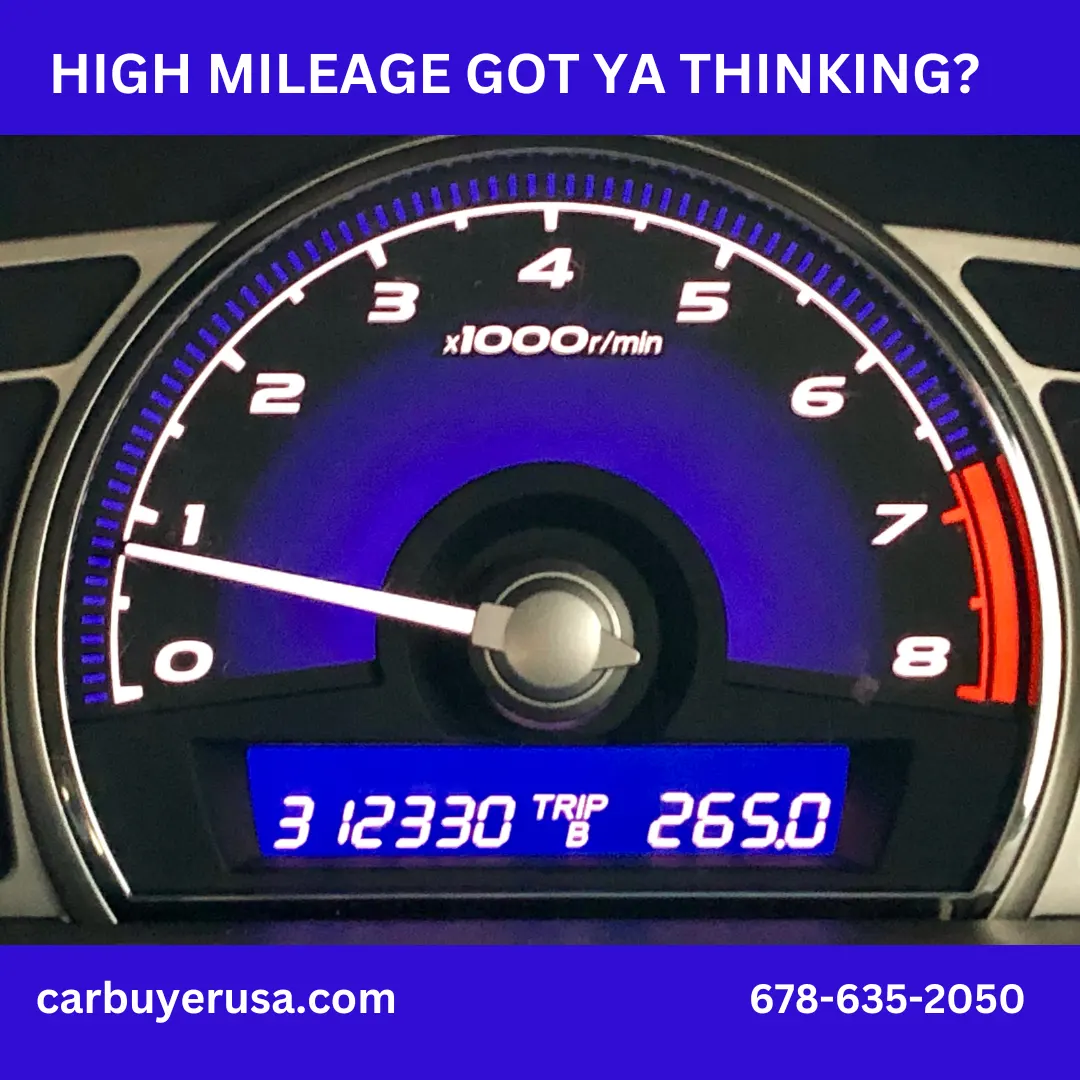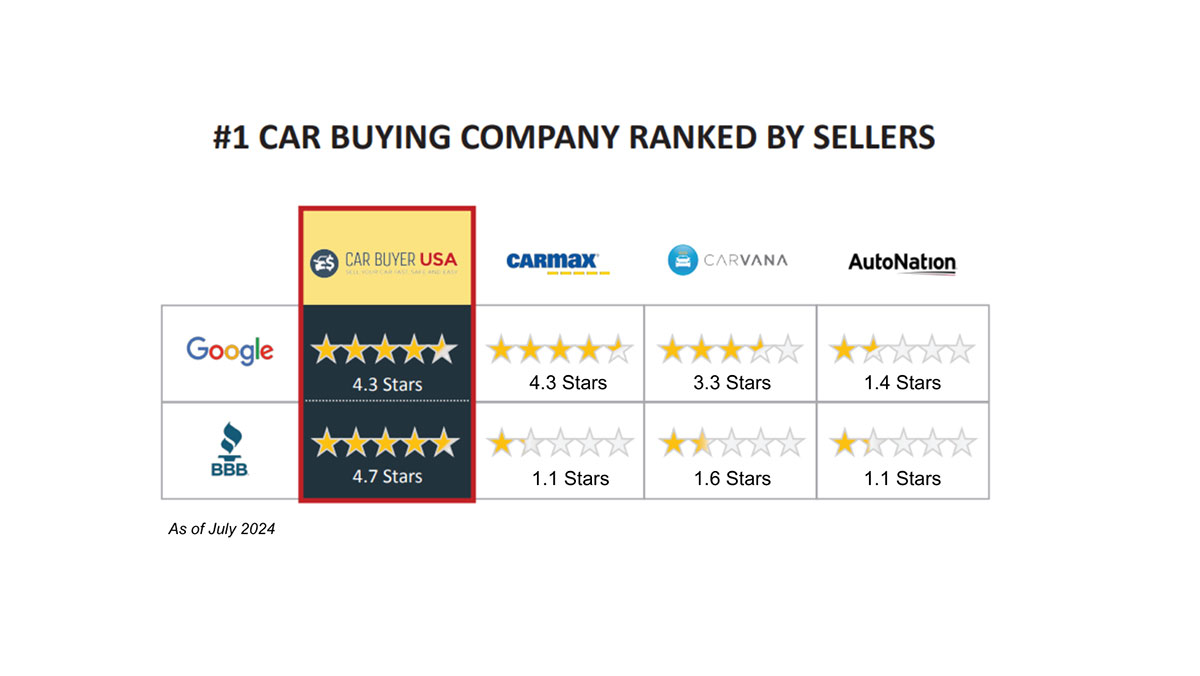
Keeping a high-mileage car can be a smart financial choice with clear advantages but also some potential downsides. Here’s a look at when it’s worth sticking with an older vehicle and when it may be time to consider an upgrade.
One major advantage of high-mileage cars is cost savings. After a vehicle passes 100,000 miles, depreciation slows down, making these cars cheaper to own and maintain than newer models. Along with a lower purchase price, high-mileage cars often come with lower insurance costs, and owners may choose liability-only coverage, further reducing expenses. While reliability can be a concern, a high-mileage car isn’t necessarily unreliable, especially with brands like Honda, Toyota, and some Ford and Chevrolet models that are known for durability. A solid maintenance record, with regular oil changes and preventative upkeep, is essential. If the car has been well-maintained, it can continue to provide low-cost, dependable transportation.
However, keeping an older car does bring challenges. Higher mileage often means more frequent repairs and maintenance needs, as parts like timing belts, water pumps, and transmissions begin to wear out. While individual repairs might be affordable, the cumulative costs can add up and even approach the car’s value. For poorly maintained vehicles, repair costs can escalate quickly. Unpredictable performance is another risk. Even well-maintained high-mileage cars can develop critical issues without warning, which can lead to inconvenient breakdowns. This can be particularly difficult for those who rely on their car for commuting or travel, where reliability is key. Additionally, high-mileage cars have low resale value, which limits options if you decide to sell or trade in the vehicle. Many buyers avoid high-mileage cars due to the potential for repairs, making it hard to recover value.
In some cases, keeping a high-mileage car makes sense—if it’s been well-maintained, is primarily used for short trips, and you have alternative transportation for emergencies. However, if repair needs become frequent or costly, or if a major component fails, it may no longer make financial sense to keep the car. For those relying on their vehicle daily, the risk of a breakdown may outweigh the savings.
High-mileage vehicles are also attractive to daily commuters who may prioritize factors like reliability and fuel efficiency over mileage. Those with long commutes recognize that they’ll be adding miles quickly, so the car’s current mileage is less of a concern. Instead, these buyers often focus on durable and fuel-efficient models that can handle the demands of a heavy daily commute, and a high-mileage vehicle at a lower price point can fulfill that need without stretching their budget.
Buyers are motivated by different needs, but they all share an interest in high-mileage vehicles for practical or financial reasons. For sellers looking to skip the complexities of negotiation and receive a quick, no-obligation offer, Car Buyer USA provides an efficient option. Car Buyer USA offers cash for high-mileage vehicles across the Continental U.S. With an easy online process, sellers can get an instant offer without entering personal information.


